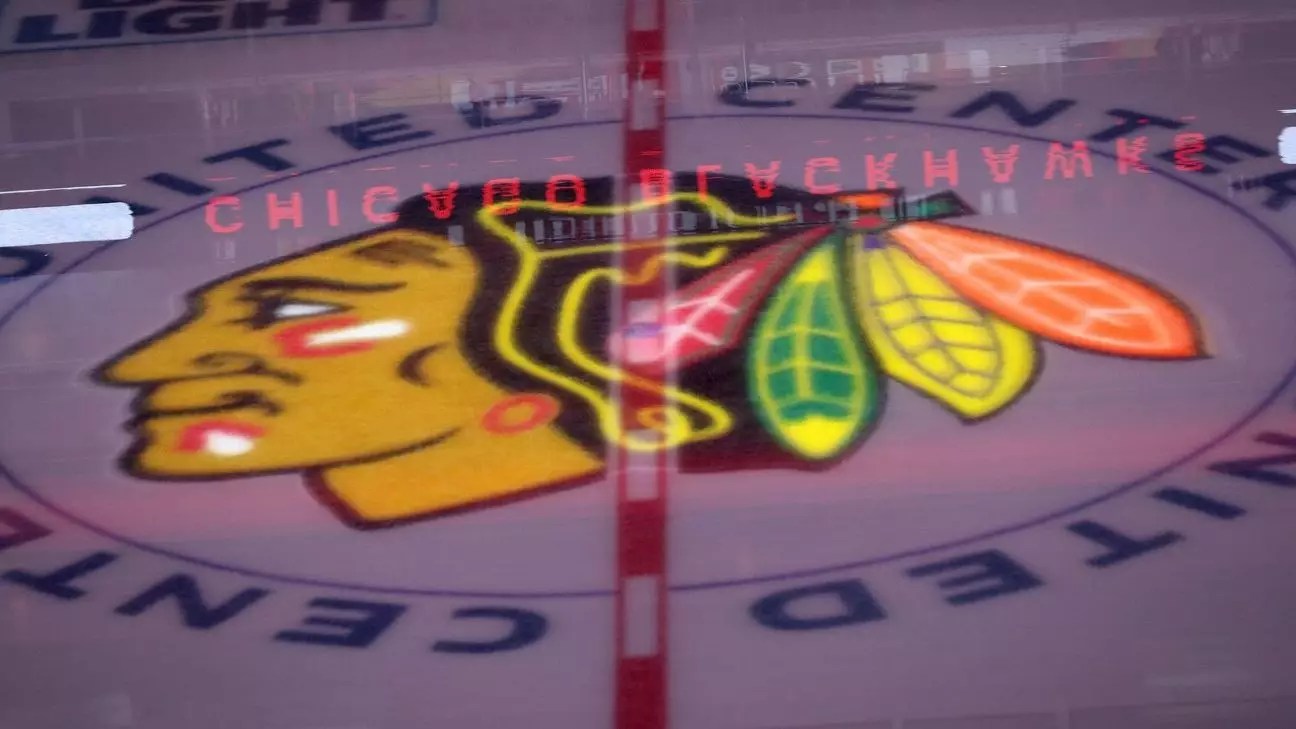The saga of the Chicago Blackhawks and the harrowing allegations against their former employees underscores a profound truth about the obligations of sports organizations—not just to win games, but to uphold a duty of care and moral integrity. When institutions ignore or dismiss signs of misconduct, they become complicit in perpetuating harmful environments, especially where abuse has the potential to flourish unchecked. The recent settlement with John Doe, a former Blackhawk player, illuminates the devastating consequences that neglect can have on victims, reinforcing the necessity for organizations to act decisively and transparently when confronted with misconduct.
What makes this case particularly compelling—and troubling—is the layered failure of the Blackhawks’ administrative response. The team was aware of Brad Aldrich’s misconduct for years, yet opted for silence, resignation, or minimal consequences. This pattern of inaction reveals an organizational culture more concerned with surface-level appearances than genuine accountability. The lawsuit claims that the Blackhawks not only failed to intervene but also exhibited “utter indifference,” a stark indictment of their priorities during that period. This indifference didn’t just contribute to the suffering of individual victims; it also eroded the integrity of the franchise itself.
Legal actions like these serve a vital purpose beyond individual damages. They result in public scrutiny that forces organizations to reevaluate their values and procedures. While the Blackhawks’s settlement avoids the trauma of a lengthy courtroom battle, it raises important questions about systemic change. Can a team that has a history of neglect truly repair its reputation without implementing fundamental reforms? The answer, by now, seems to be a cautious yes—but only if sincerity accompanies such actions.
Leadership Failures and the Illusion of Redemption
The fallout from the allegations extends far beyond the courtroom. Prominent figures within the Blackhawks’ hierarchy—such as former President of Hockey Operations Stan Bowman, Vice President Al MacIsaac, and coach Joel Quenneville—became symbols of a toxic culture that prioritized success over safety. Their resignations and eventual readmissions into leadership roles evoke a complex debate about accountability, redemption, and whether the NHL’s disciplinary measures are sufficient.
The NHL’s decision to reinstate these executives after a period of reflection and reform is controversial. On one hand, recognizing personal growth and changed perspectives can be viewed as a positive step. On the other, it risks trivializing the trauma experienced by victims who endured neglect and misconduct under their watch. Are these leaders genuinely remorseful, or are they merely serving a recommended penance before returning to power? The emphasis on participation in training programs and personal development might reflect genuine change, but the underlying concern remains: have enough meaningful systemic reforms been enacted to prevent future failures?
The broader sports community must grapple with this tension. It is tempting to romanticize narratives of redemption, but such stories can also obscure the need for accountability. True leadership demands more than self-improvement; it requires an unwavering commitment to creating environments where harm cannot thrive. Otherwise, organizations risk becoming repeat offenders—appearing to clean house only to fall back into old patterns of cover-up and neglect.
The Broader Impact: Changing Culture in Professional Sports
This scandal isn’t an isolated incident; it echoes a widespread call for cultural transformation within professional sports. High-profile cases around the world have spotlighted the urgent need for comprehensive policies addressing abuse, harassment, and misconduct. The Blackhawks’s situation serves as both a warning and an opportunity—a catalyst for the entire NHL and other leagues to implement rigorous safeguards, transparency, and survivor-centered procedures.
The NHL’s $2 million fine and the reforms highlighted—along with the reinstatement of formerly penalized officials—signal a tentative step towards accountability. Yet, financial penalties alone cannot undo trauma or rebuild trust. Real change involves establishing clear reporting mechanisms, mandatory training, and an unwavering cultural stance that condemns misconduct at all levels. Players, staff, and fans alike deserve an environment where integrity is non-negotiable.
Furthermore, the legal settlements and public acknowledgment of internal failures contribute to a necessary societal conversation about power dynamics, consent, and accountability. Sports organizations wield enormous influence, and their willingness to confront their darkest chapters—however uncomfortable—is essential for fostering a safer, more respectful culture. The lessons learned from the Blackhawks saga should inspire a proactive approach, not merely reactive legal battles or superficial reforms.
In reflecting on this complex narrative, it becomes clear that true progress hinges on sincerity—on teams and leagues valuing integrity over image, on leaders embracing genuine humility, and organizations committing to long-term cultural shifts. Only then can we move beyond the shadows of neglect and create a sporting world where safety and dignity are fundamental rights, not mere afterthoughts.


Leave a Reply